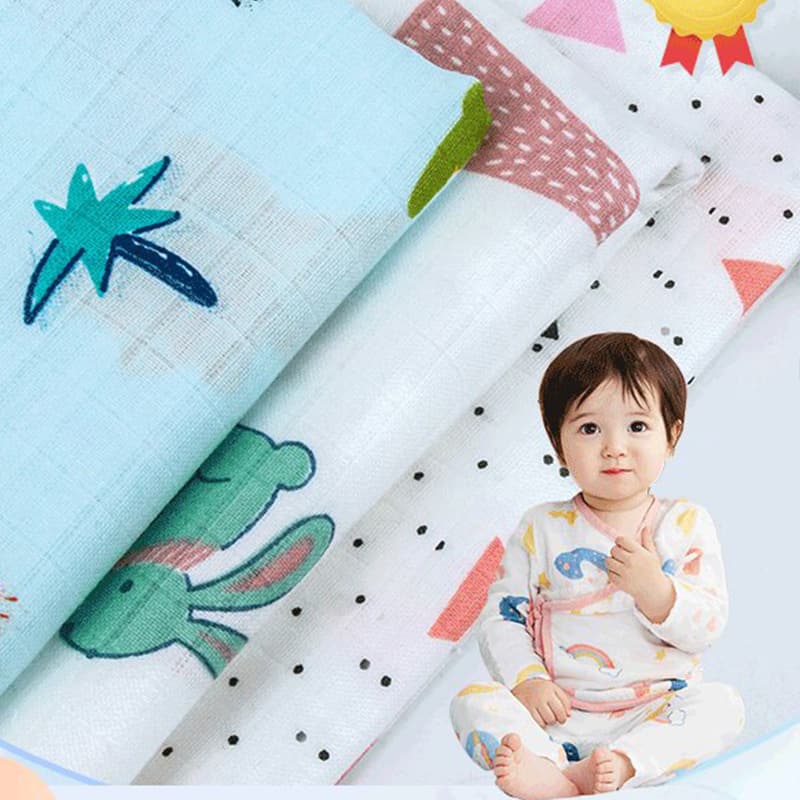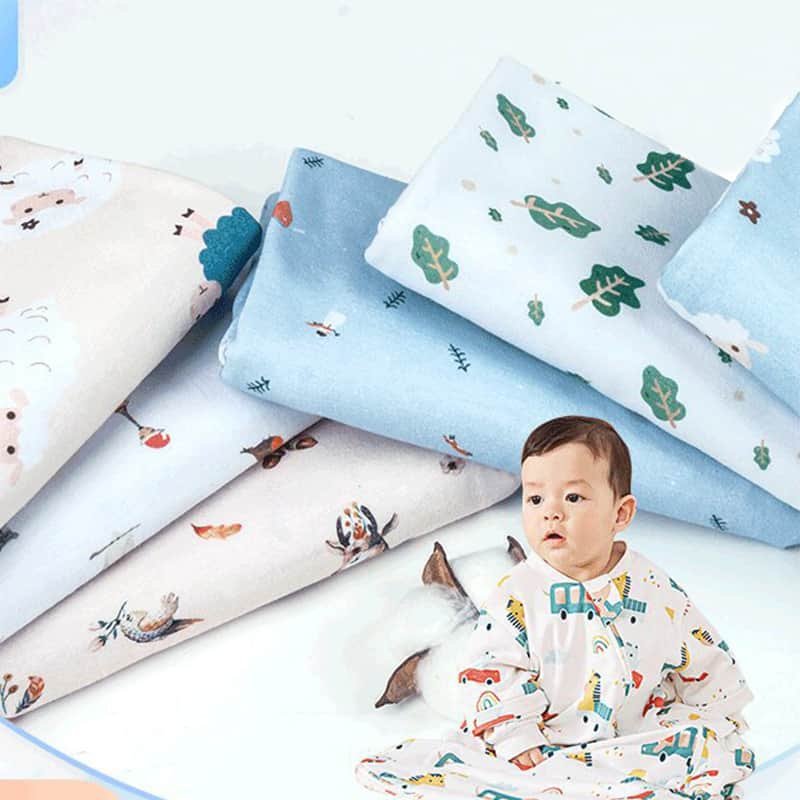Globalization and the Fashion Industry
Globalization has opened up new opportunities for the fashion industry, enabling brands to expand their reach and tap into new markets. This has led to increased competition and a more diverse range of products and styles available to consumers.

Advantages of Globalization in Fashion
Globalization has provided many advantages for the fashion industry, such as:
- Increased market reach: Fashion brands can now reach a global audience through online and international retail channels.
- Access to new materials and resources: Globalization has enabled fashion brands to access new materials and resources from around the world, enabling them to create new and innovative designs.
- Increased collaboration: Globalization has led to increased collaboration between fashion brands, designers, and manufacturers from different parts of the world.

Challenges of Globalization in Fashion
While globalization has provided many advantages for the fashion industry, it has also created challenges, such as:
- Ethical concerns: Globalization has raised concerns about ethical issues such as labor practices and sustainability in fashion production.
- Cultural appropriation: The globalization of fashion has led to concerns about cultural appropriation, as fashion brands borrow elements from other cultures without proper acknowledgment or respect.
- Increased competition: Globalization has increased competition in the fashion industry, making it harder for small and local brands to compete with larger, international brands.

결론
Globalization has significantly impacted the fashion industry, enabling fashion brands to expand their reach from local to international markets. While globalization has advantages, such as increased market reach and access to new materials and resources, there are challenges, such as ethical concerns and increased competition. It is important for fashion brands to navigate these challenges while taking advantage of the opportunities that globalization presents.

FAQ
Here are some frequently asked questions about globalization and fashion:
- What is the impact of globalization on fashion production?
Globalization has enabled fashion brands to access new materials and resources, reach a global audience, and collaborate with designers and manufacturers from around the world. However, it has also raised concerns about ethical issues and cultural appropriation.
- How has globalization affected the diversity of fashion styles and products?
Globalization has led to increased diversity in fashion styles and products, as fashion brands are able to access and incorporate elements from different cultures and regions.
- What are some examples of global fashion brands?
Some examples of global fashion brands include Zara, H&M, Nike, and Chanel.
- What is cultural appropriation in fashion?
Cultural appropriation in fashion refers to borrowing elements from a culture without proper acknowledgment or respect. This can include using traditional patterns or designs without permission or using cultural symbols for fashion purposes.
























